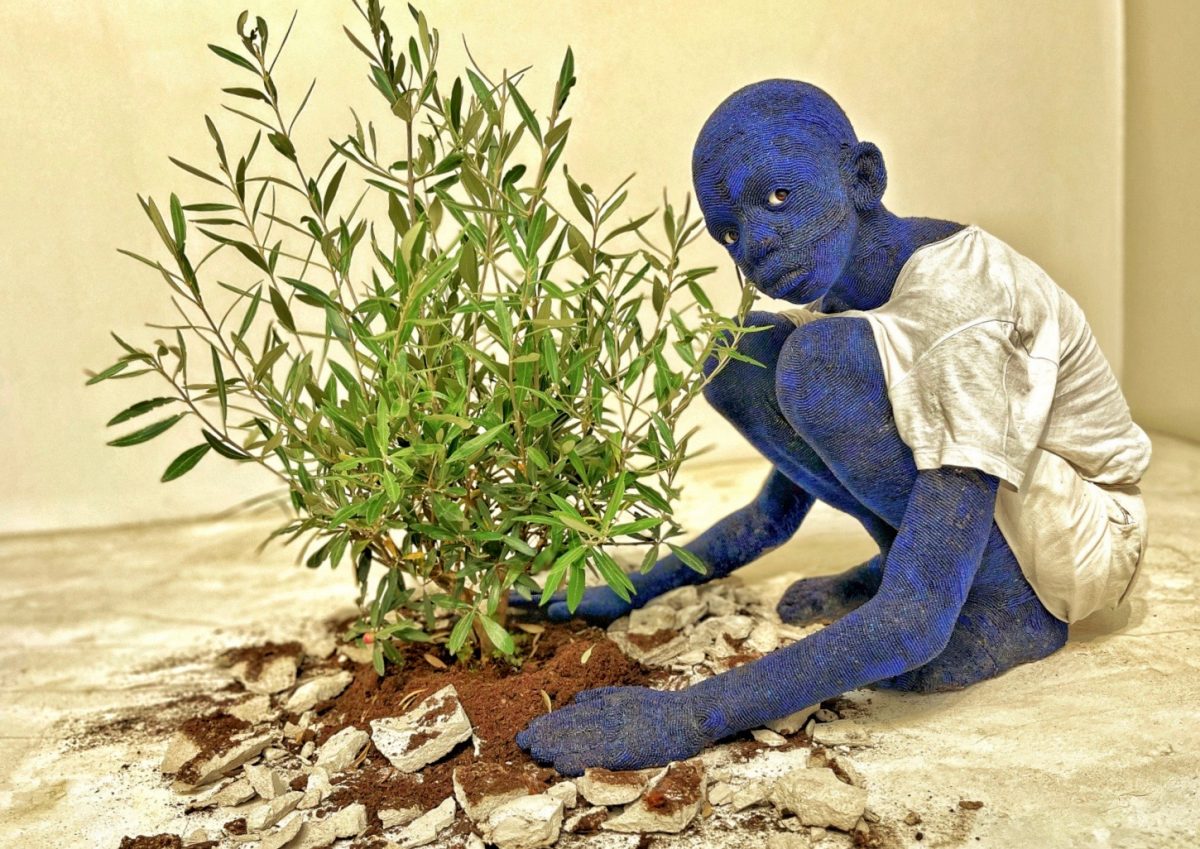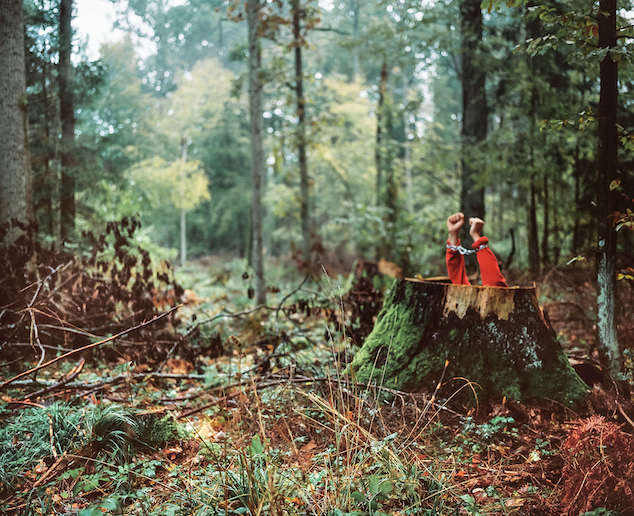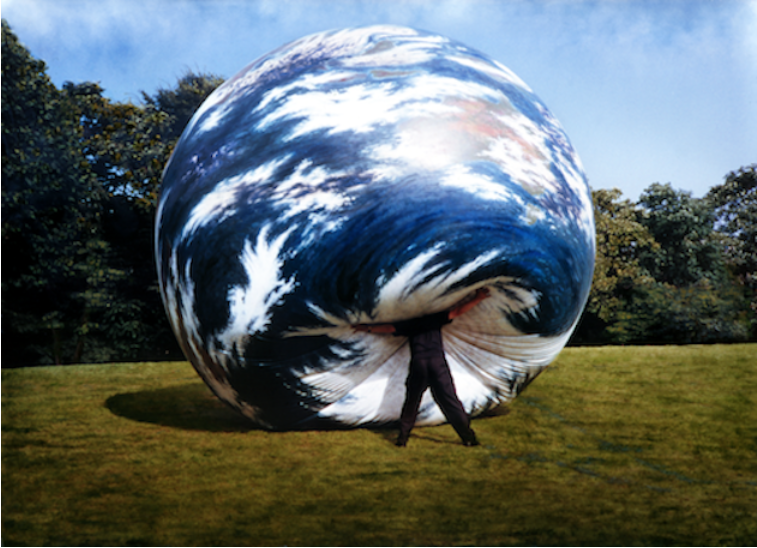COAL, an association set up in 2008 by professionals in the fields of contemporary art, ecology and research, mobilises artists and cultural players around societal and environmental issues and promotes the essential role of creation and culture in raising awareness, transforming territories and implementing concrete solutions.

01. For a cultural ecology
The ecological perspective overturns and renews the cultural references of our societies, by reinscribing our actions in the long term and taking into account man’s interdependence with nature.
For the first time, our actions are part of history on a geological scale, with consequences extending over hundreds of years (CO2 remains in the atmosphere for over a hundred years) and thousands of years (rising sea levels, irreversible events, etc.). The responsibility towards future generations that ecological awareness entails destabilises our place in the present, which today is exacerbated by individualism, and requires us to inhabit the world in a different way.
One of the main contributions of scientific ecology is a systemic vision of the world, which transforms our place in the fabric of life. Our new culture of nature is moving away from the aesthetic and landscape conception of a ‘beautiful’ nature, of which French gardens are the perfect illustration. Instead, it is tending to reveal a ‘good’ nature, ecologically viable and supportive of a desirable world. Nature can no longer be seen simply as functional and external to mankind.
By seizing on ecology as a new tool for reflection, creation and action, artists are exploring the cultural implications of this change in conception of nature. Some of these initiatives even go so far as to create virtuous effects on the environments in which they take place. A new framework for action is emerging, in which the means and the end come together.
Artists express the shared desire and need to renew our relationship with the world, to explore its diversity, its limits and its relational systems. They are a source of inspiration, anticipation, translation, warning, change and resilience, a fundamental and inexhaustible resource for accompanying the ecological transition and establishing a new relationship with the common good. Their sensitive, offbeat and questioning approaches, and their experimentation with new, more collaborative modes of operation, open up a path for all the other players (civil society, public and political bodies, researchers, scientists, businesses, etc.) concerned by the evolution of society in the light of the new social, economic and environmental challenges.
This paradigm shift is fuelling a whole new school of thought, whose writings and publications are referenced in Sources.

02. Arts
and ecologies
The choice of the plural is intended to broaden the current field of ecology, which is torn between a scientific, rational and forward-looking approach on the one hand, and an ecology denounced as doctrinaire and dogmatic, as evidenced by the denunciation of the “green Khmers”, on the other. In the middle, a more harmonious ecology could take its place, rethinking the relationship with nature in an affective, aesthetic and anthropological dimension.
Various artistic movements with more or less explicit names and meanings, such as ecological art, bio art, environmental art, transpécies art, social sculpture, land art, contextual art and digital art, have taken up these issues. More broadly, the ecological issues that are omnipresent in society are taking over the entire field of art. And the approaches are as diverse as the issues. This prolific cultural field, built on interdisciplinarity, relies on a networked approach to sharing and collaboration that reflects the systemic approach it embraces.
RESSOURCE arts and ecologies reflects this diversity, mainly within the visual arts, but also eventually across all artistic disciplines.

03. Networking
développement de plateformes, de centres de ressources et de réseaux. Basé sur la pluridisciplinarité, on observe une volonté de dégager les artistes et les chercheurs de l’isolement et de réaffirmer haut et fort la place de la culture dans la société. Les institutionnels se sont à leur tour emparés du sujet, pendant que la place de l’art et de la culture s’est peu à peu affirmée dans tous les grands sommets internationaux. L’intégration des enjeux et des nouveaux modes de pensées s’accompagne de changements concrets dans les pratiques artistiques et la mise en œuvre des projets culturels. Des outils, des guides, des chartes accompagnent les acteurs soucieux de changer leurs pratiques. Le secteur culturel se dote de labels, des organisations les fédèrent et les accompagnent. De la connaissance et de l’usage des matériaux, en passant par la traçabilité, l’upcycling, la santé, ou encore des référentiels pour les collectivités locales, un ensemble d’outils et de dispositifs se met en place dans le secteur culturel. Ressource0 référence également l’ensemble de ces initiatives.
Warning: foreach() argument must be of type array|object, null given in /home/u178748691/domains/lab-contemple.com/public_html/ressource/public/themes/ressource/page-propos.php on line 139